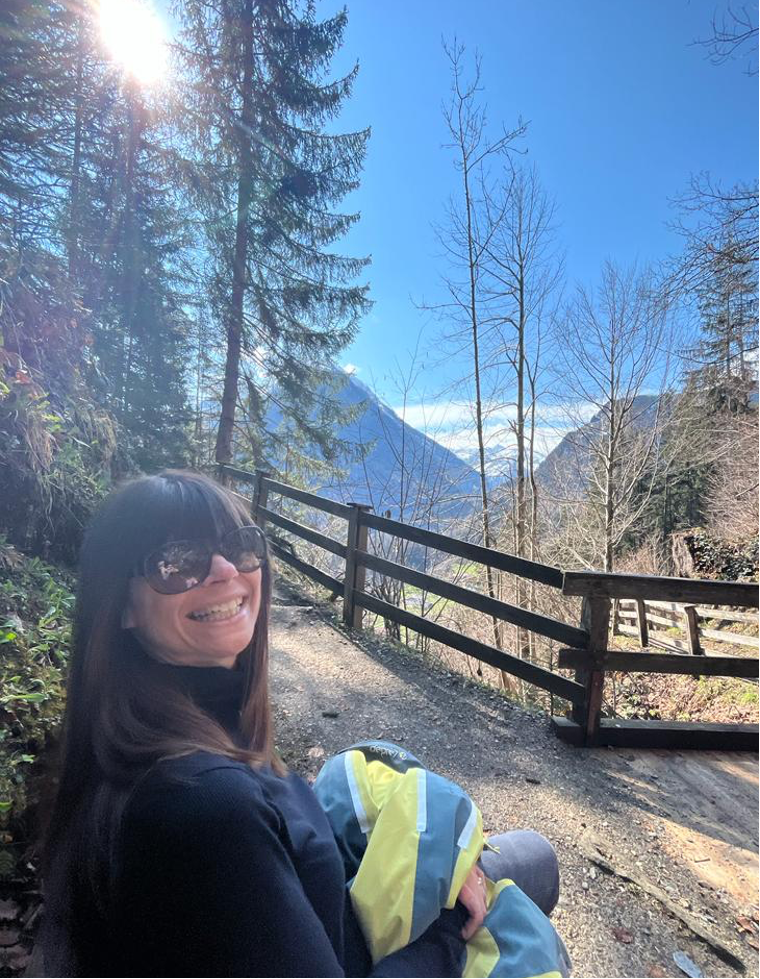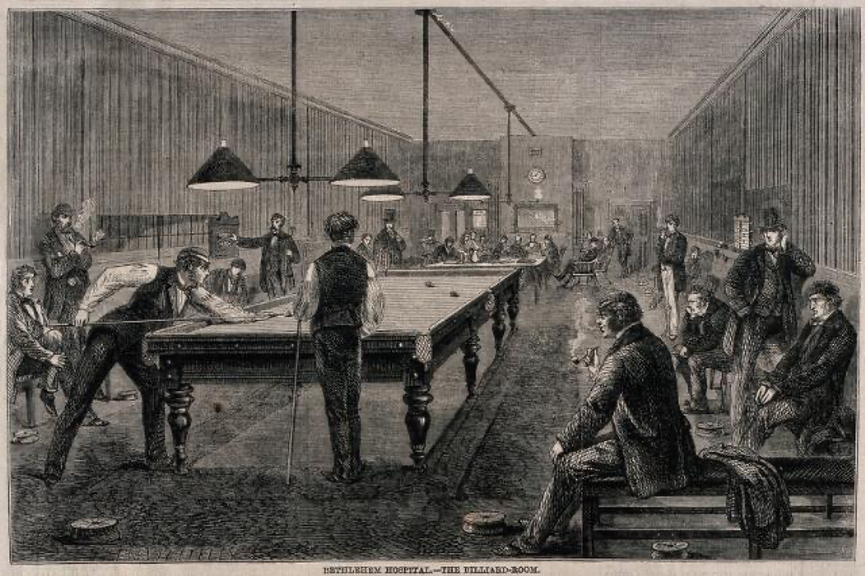
What have you been doing today?
This morning I went to my yoga class, and just after lunch I met online with colleagues from the Psychiatry and the Arts Network to discuss plans for a symposium at the Crichton Royal Institution (a former asylum in Dumfries) in June. This is an exciting new collaboration between scholars whose research offers a historical perspective on alternative, non-pharmacological treatments in nineteenth-century asylums (such as art, music or drama therapy), and we are aiming to disseminate our findings to academic and non-academic audiences alike. Later this afternoon I started to prepare slides for a forthcoming conference organised by the Northern Network for Medical Humanities Research, where I am presenting a paper on religion and mental health at the end of this month.
Is that a typical day for you?
Pretty much, yes. I try to balance exercise, fresh air and work most days. It isn’t always easy, as I am often stuck in front of the laptop, keeping on top of my research; time just seems to fly by. I am a social historian of psychiatry and recently completed my PhD. I have now embarked on some brilliant new projects which means I have some rather tight deadlines, but I love what I do, so it’s no hardship. We are also starting to have most meetings in-person again now, which is great; so at least once a week I have to be on campus, and that gives me the opportunity to socialise, which is very important, as post-doctoral research can be very solitary and isolating at times.
When did you start working with culture, health and wellbeing, and how?
I was always intrigued by the relationship between the arts and mental health, as I strongly believe in the neuroplasticity of the brain. I have seen the success of art, sport and writing therapies first-hand, and when I had to choose a dissertation topic for my master’s degree, I decided to look into the history of psychiatry. My great-grandmother was admitted to an asylum around 1910, and I never found out why, or what her life in the institution was like. What I discovered, baffled me; I came across a wide range of recreations offered to patients as part of a new treatment regime, which really challenged my perception of asylums and their patients. I then decided to expand on this topic and embarked on my PhD project entitled ‘Entertaining the Insane: Recreation in Nineteenth-Century British Asylums’. This provided me with an opportunity to critically engage with the idea of art, theatre, dance, music and sport as agents of healing from a historical perspective.
What was the last project you came across that inspired you?
I was moved and inspired by a recent roundtable discussion organised by the National Centre for Creative Health and the All-Party Parliamentary Group on Arts, Health and Wellbeing. It was the first of a series of webinars in support of the APPG’s Creative Health Review and it included speakers who shared their lived experiences, which were incredibly powerful reminders of the impact creative activities can exert. Much of what was said could have also applied two hundred years ago; our struggles and challenges today are not so different to those of the past. It is why I feel so strongly about the past informing the present, and I hope that my research can achieve just that.

About Ute: I was born in Germany but moved to the UK after meeting my husband, back in 1995. I originally trained as an archaeologist, but after arriving in the West Midlands I decided to become a teacher, completed a PGCE and taught Modern Foreign Languages in Further and Adult Education for over twenty years. I loved my work and had two wonderful children along the way, but I always wanted to undertake doctoral research and so I returned to university as a (very!) mature student in 2013. I chose to ease myself back into academic study by enrolling on a Master’s course in Literature and Arts at the University of Oxford, and this was followed by a PhD at the University of Warwick in the History of Medicine (completed December 2022). I was lucky to subsequently be awarded a postdoctoral Early Career Fellowship at the Institute of Advanced Study at Warwick, which allows me to pursue further research. I am currently using this time to convert my PhD thesis into a book and to bring my research on arts and wellbeing to a wider audience.
For more information see http://warwick.ac.uk/uteoswald
